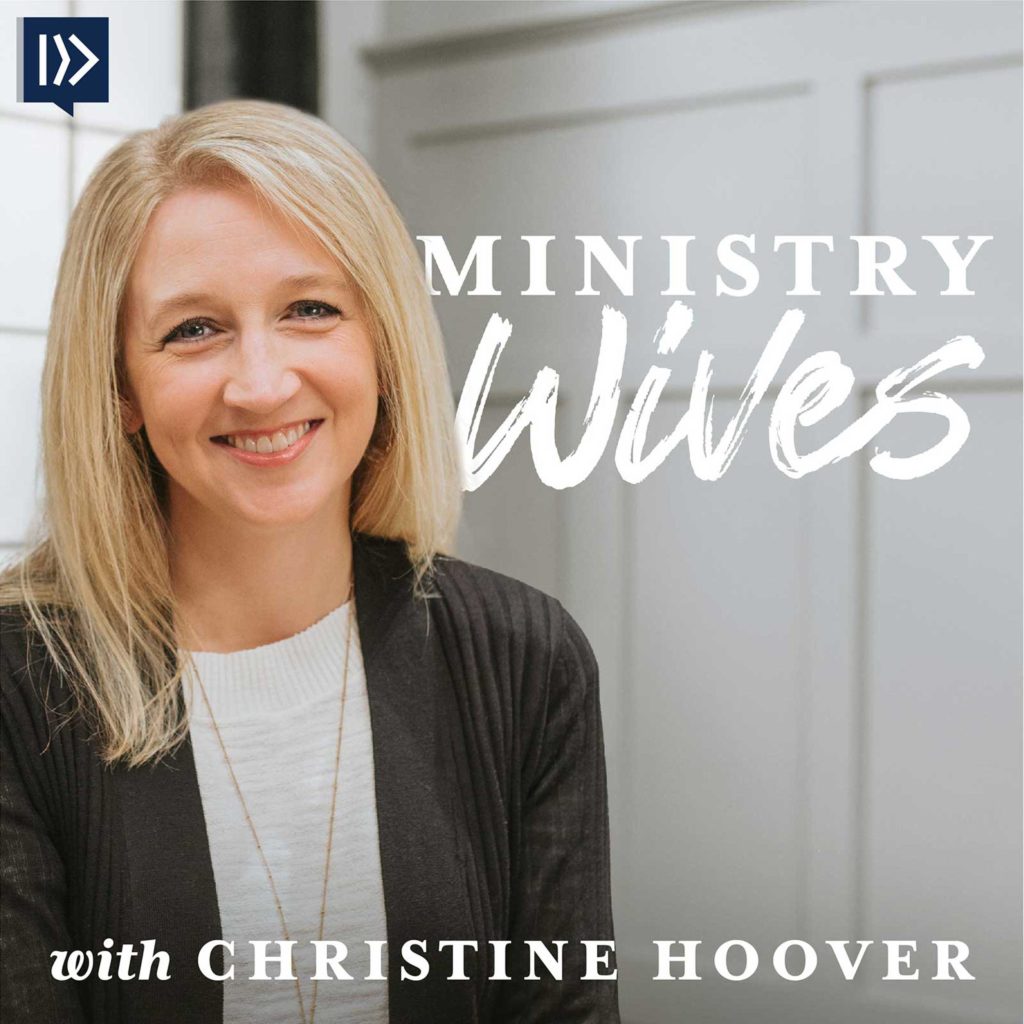“You will have to be his advocate.”
Those words echoed ceaselessly through my head for the first several months after my son’s autism diagnosis. If I’m honest, those words still make a fine little border around every parenting decision I make.
“Advocate” is a word Jesus uses to describe the Holy Spirit in John 14:16. How in the world was I supposed to fulfill this role for my son?
As a pastor’s wife, I know my first response should be to pray. Instead, I panicked. During the next two days I ate a lot of ice cream. Then God gently reminded me of John 9:1-3:
As he [Jesus] passed by, he saw a man blind from birth. And his disciples asked him, “Rabbi, who sinned, this man or his parents, that he was born blind?” Jesus answered, “It was not that this man sinned, or his parents, but that the works of God might be displayed in him.”
Jesus then goes on to heal the blind man. This is how God views those with disabilities: people through whom His work might be displayed.
God’s work is displayed in the joy of a child with Down Syndrome. His work is displayed in Joni Eareckson-Tada, a wheelchair-bound woman who speaks of God’s great love. God’s work shined the brightest for me when my son first looked me in the eye and said, “Mommy, I love you.”

According to the US Census Bureau, two in seven families in our nation are directly affected by disabilities. That’s huge. I have a few questions for all of us as we awaken to this unreached population. How the church can better reach out to special needs families, so the answers to these questions might not be easy right now, but I hope as we have this conversation you can reflect back and see a change.
First, did you notice who asked Jesus the question in the passage from John? The disciples. We are Christ’s disciples in our world today. Are we asking that same question? The disciples wanted to point the finger at man’s sin rather than simply loving the blind man and pointing him to Jesus. Are we doing that too? (And yes, I’m guilty of this too. Prior to my son’s diagnosis, I was so careful to avoid anything that might “cause” autism… especially since autism runs in my family.) How are we, as Christ’s church, perpetuating the idea that disabilities are man’s fault, rather than an opportunity for God to show off?
Second, how can we do better to take Jesus’s approach? If disabilities really affect two in seven families, then we need to work together to help these families feel welcome in church.
LET’S DISCUSS: How can we show God’s love to special needs families in a way that allows for God to display His work?
 Kristi lives with her husband, Travis Hart, and their two little boys in Doylestown, PA, where Travis serves as Pastor of Main Street Baptist Church. Before taking on this church revitalization, they served as NAMB church planters in the Midwest. Kristi loves to train women how to discover the truths of God’s word in a real, personal way. She blogs at www.thebusypastorswife.com.
Kristi lives with her husband, Travis Hart, and their two little boys in Doylestown, PA, where Travis serves as Pastor of Main Street Baptist Church. Before taking on this church revitalization, they served as NAMB church planters in the Midwest. Kristi loves to train women how to discover the truths of God’s word in a real, personal way. She blogs at www.thebusypastorswife.com.
Published September 7, 2015



